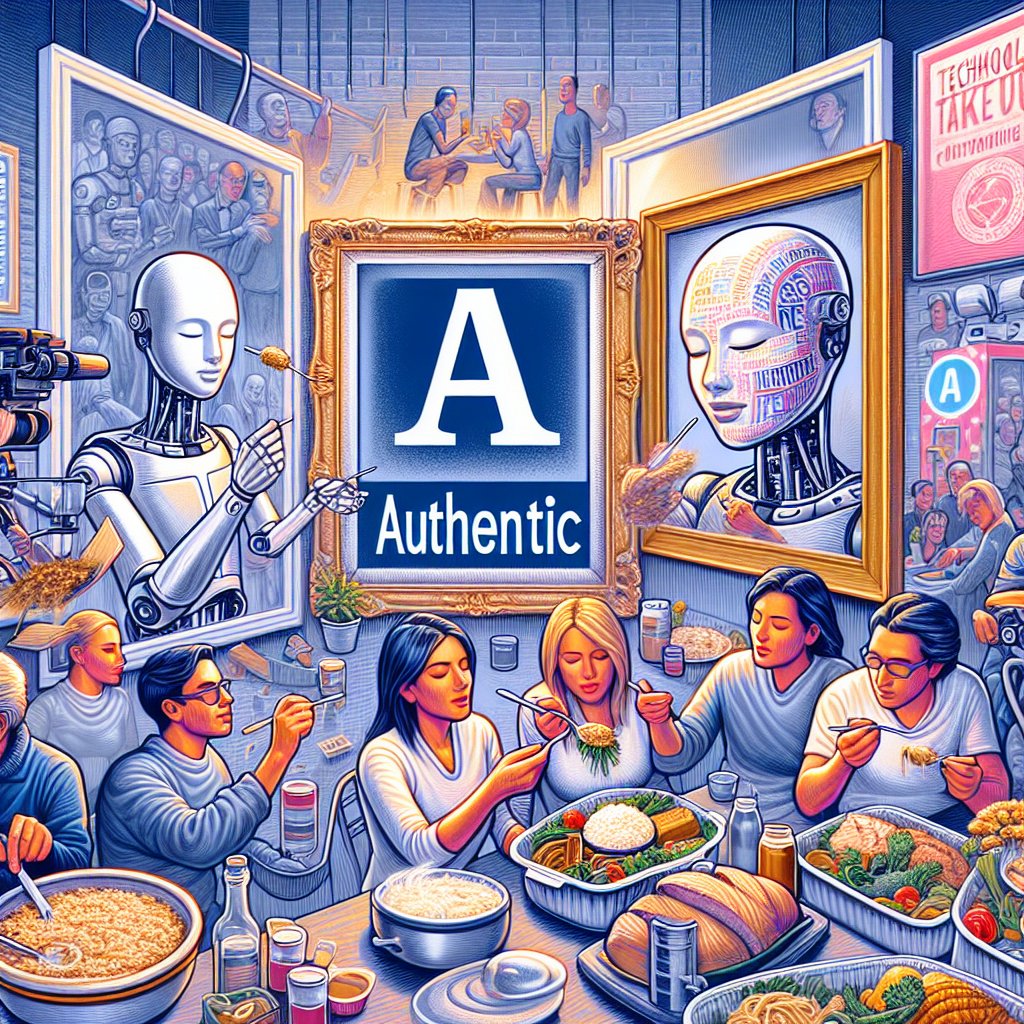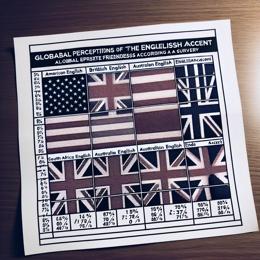Image: AI generated for illustration purposes
Merriam-Webster Crowns "Authentic" as 2023's Word of the Year
The quest for what is genuine and real has never been more pronounced than in 2023, a year marked by technological advancements and social upheavals that have put the concept of authenticity under the microscope. Merriam-Webster, the esteemed American dictionary publisher, has tapped into this vein of the cultural zeitgeist by announcing “authentic” as its Word of the Year.
Merriam-Webster’s choice reflects a collective concern and fascination with the real amidst a surge of artificiality. From the ubiquity of AI avatars to the murky waters of online misinformation, the public’s deliberations on truth and originality have led them to seek out the meaning and implications of authenticity with fervor.
This phenomenon was felt across various aspects of daily life and public discourse throughout the year. Authenticity resonated in our culinary experiences where the hunger for authentic cuisine flourished, to the expression of an authentic self in the realm of self-help and social media influencers—authenticity proved to be a multifaceted muse for contemporary society.
Yet, authenticity's significance escalated beyond personal philosophies to encapsulate global events that shaped public consciousness. The ripple effects of Elon Musk's takeover of Twitter and OpenAI's ChatGPT's impact on communication prompted widespread conversations about authenticity within technological and political spaces. Meanwhile, celebrities like Taylor Swift and Prince Harry ventured into personal battles over preserving their authentic narrative against an often intrusive and speculative mass media.
Peter Sokolowski, Merriam-Webster's editor at large, highlights the paradox emerging from the increased scrutiny of authenticity: the more it is questioned, the greater its value becomes. In a statement that captures the year's sentiment, Sokolowski describes that authenticity itself has become a kind of performance, a tactical navigation of trust in a world where seeing should no longer be synonymous with believing.
The choice of “authentic” aligns with Merriam-Webster’s tradition of selecting words that resonate with the times while also acknowledging the significance of words in shaping our understanding of world events. “Authentic” follows on the heels of 2022's “gaslighting,” another term indicative of the era's tension between reality and manipulation.
Reflecting the depth of the term, Merriam-Webster’s definition of “authentic” includes layers of meaning—ranging from the straightforward “not false or imitation” to the reflective “true to one's own personality, spirit, or character.” Each definition speaks to the varied contexts in which authenticity weaves into the human experience.
The declaration of Merriam-Webster's Word of the Year is a moment that appreciates language’s dynamic nature and its ability to encapsulate societal shifts. As Merriam-Webster commemorates its 20th anniversary of choosing a top word, it demonstrates the intricate work of lexicographers like Sokolowski who trace the ebbs and flows of our collective interest in language as it interplays with world events, cultural movements, and technological advances.
Emerging from the dictionary company’s rigorous data analysis, the word “authentic” stands out not just for its enhanced lookups, but for what it signifies in an age when our engagement with reality is constantly challenged. In the end, it’s not just a word but a testament to our times—a snapshot of our collective concern with what is real in a time when the very concept of reality is contorted and reimagined at unprecedented rates.


